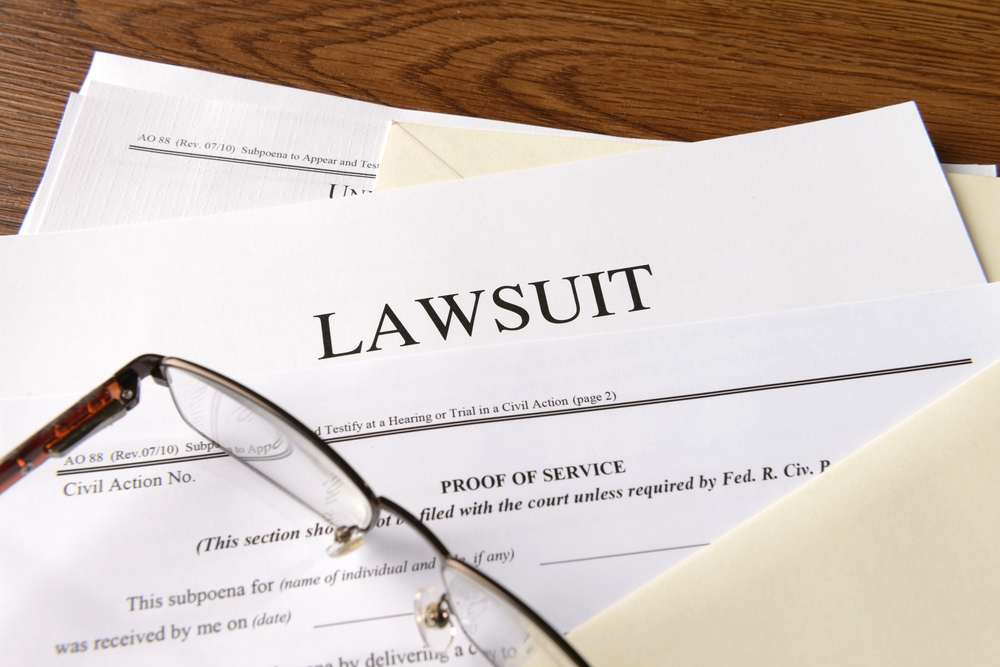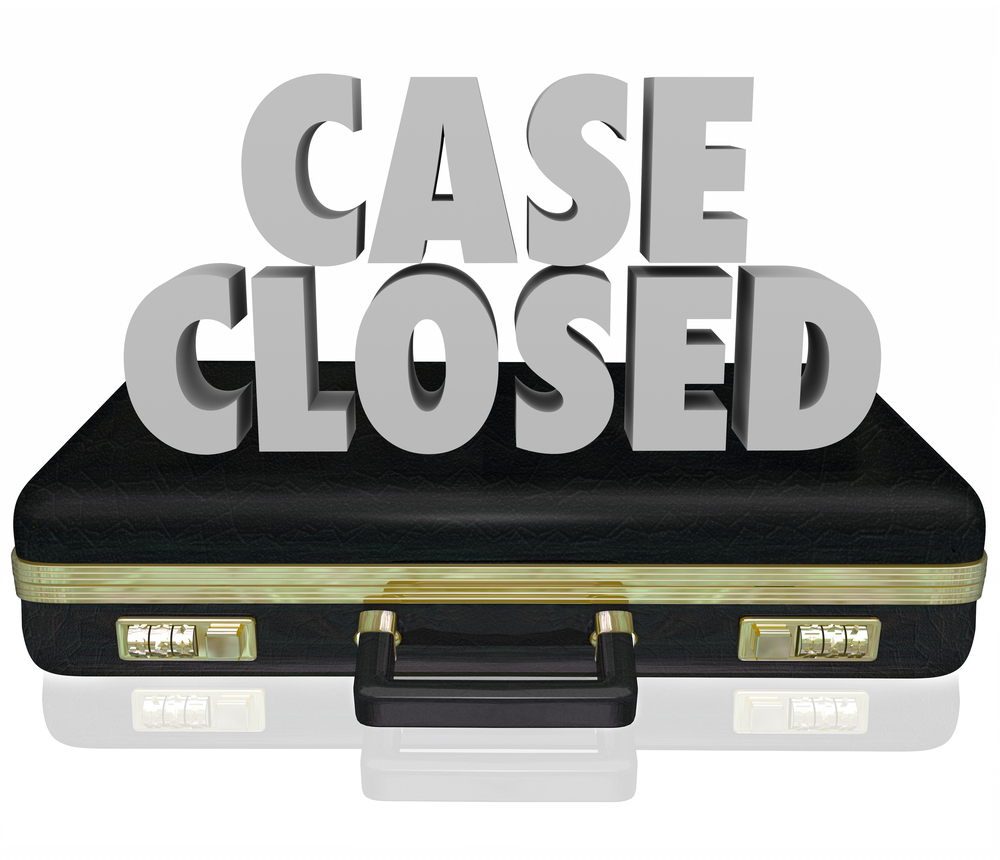Sufficient Factual Detail to Support Four Prongs of Temporary Injunction
“An order on a motion for temporary injunction entered by a trial court must be based on [1] the likelihood of irreparable harm, [2] the unavailability of an adequate remedy at law, [3] the substantial likelihood of success on the merits, and [4] considerations of public interest.” XIP Technologies, LLC v. Ascend Global Services, LLC, 43 Fla.L.Weekly D1850a (Fla. 2d DCA 2018). A trial court’s order granting a temporary injunction must contain clear factual detail to support each of these four prongs. Id. A trial court has discretion to grant or deny a motion for temporary injunction. Its discretion, however, is...
Continue reading











